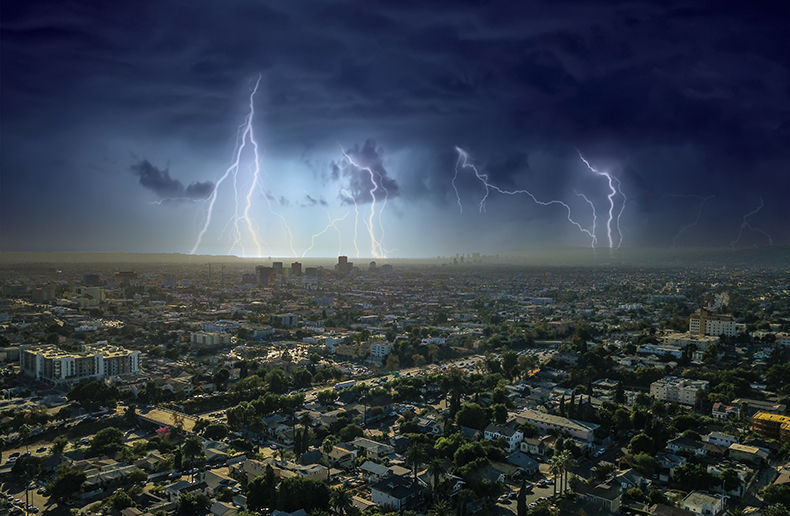A recent paper by the British Columbia Financial Services Authority (BCFSA) is inviting comment from stakeholders as it moves toward regulation around risk management as it is affected by natural catastrophes and climate-related risks (NCCR).
The BCFSA outlines its position in the document entitled Natural Catastrophes and Climate-Related Risks: Managing Uncertainty and Building Resilience in the B.C. Financial Services Sector.
The regulatory authority is proposing a two-pronged approach.
“Our approach emphasizes the need for financial services providers to identify, measure, and manage material NCCR in a way that is proportionate to the risk posed to their business and to consumers,” writes the regulator. “It also emphasizes the need for financial services providers to treat consumers fairly and to help ensure they have access to information, advice, and financial products and services that help protect them against NCCR.”
B.C. is highly exposed to natural hazards, including flooding, heatwaves and wildfires, which have resulted in loss of human life, significant damage to physical assets and disrupted economic activities.
Related: Canada launches National Adaptation Strategy
Related: Convective storms drive natural catastrophe losses in the first half of 2023
Financial services providers may be directly or indirectly affected by natural catastrophes. For example, the report says, lending activities can experience increased credit risk as NCCR can impact collateral values and the debt repayment capacity of borrowers.
Further, property and casualty insurers see increased claims following a natural catastrophe, and financial institutions and pension plans are exposed to natural catastrophes through their investment portfolios.
Hence, the report says, the BCFSA wants to ensure that the financial sector entities it regulates exercise prudent risk management through short- and medium-term and ongoing activities.
For this purpose, the BCFSA is inviting its regulated entities, individuals, stakeholders and members of the public to read the paper and provide feedback on the discussion questions by November 30, 2023.














